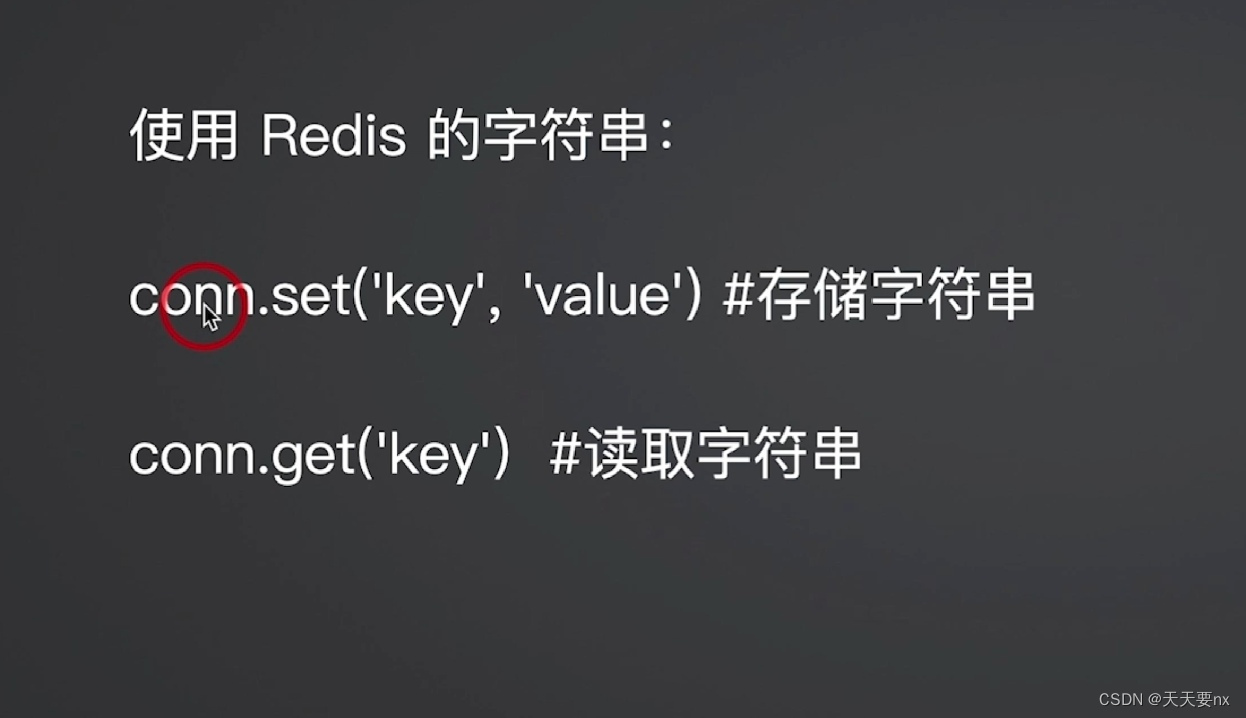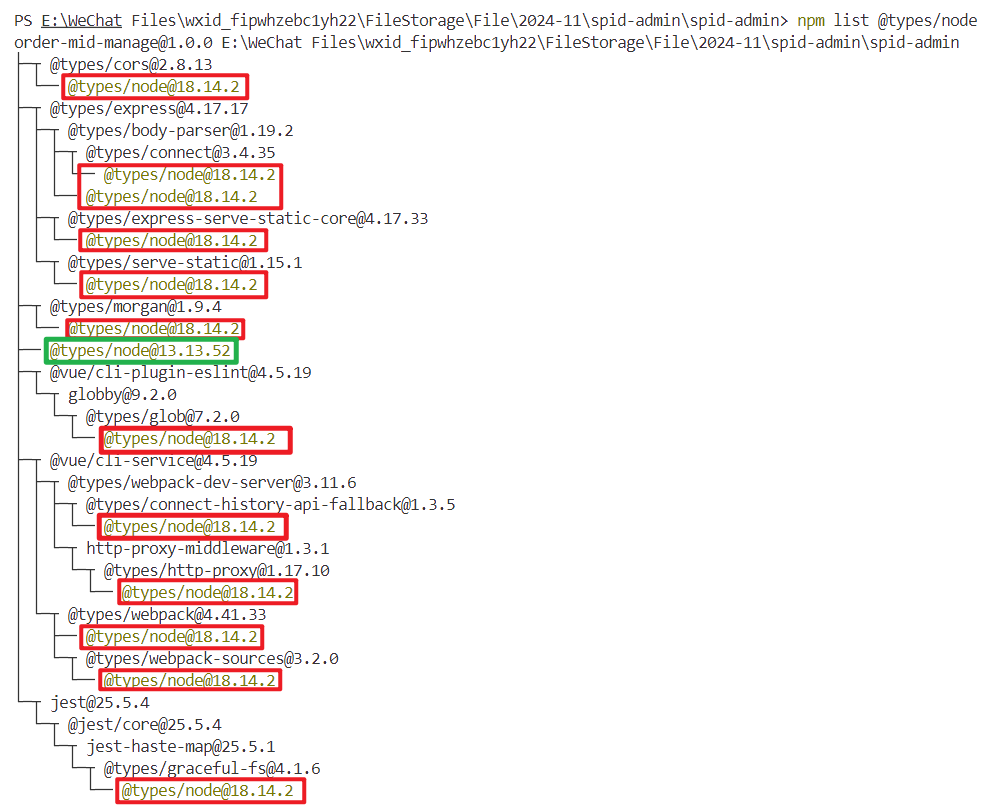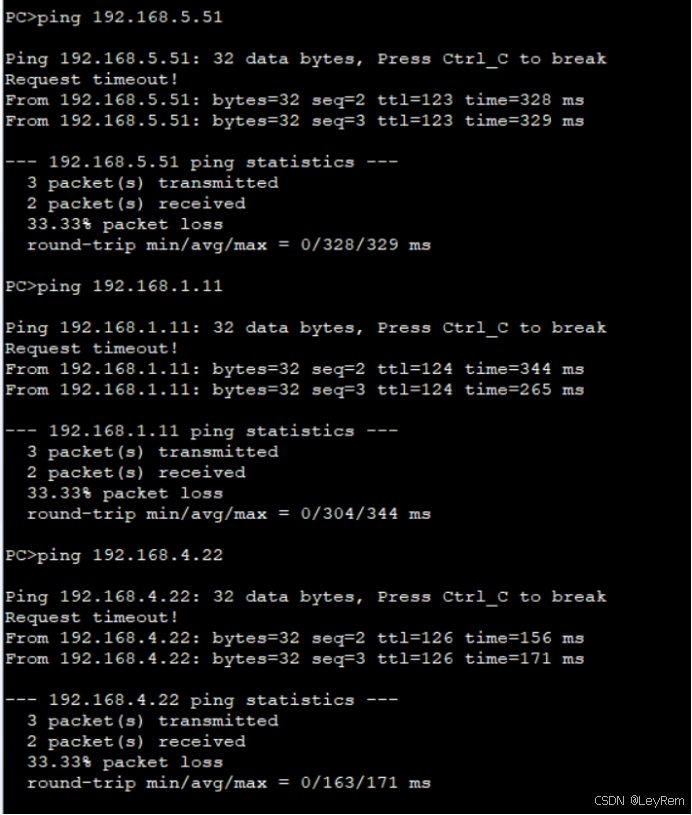C++20 引入了一些新的特性和改进,使得条件判断语句更加灵活和强大。以下是一些主要的增强:
1. 三元运算符的改进
C++20 允许在三元运算符 ?: 中使用更复杂的表达式,并且引入了新的语法来简化某些情况。例如,可以使用括号来明确表达式的优先级,避免一些潜在的歧义。
auto result = (condition) ? value_if_true : value_if_false;
2. std::ranges::views::filter
C++20 引入了范围库(Ranges Library),其中 std::ranges::views::filter 可以用来对范围进行条件过滤,类似于 SQL 中的 WHERE 子句。
#include <iostream>
#include <vector>
#include <ranges>
int main() {
std::vector<int> numbers = {1, 2, 3, 4, 5, 6, 7, 8, 9, 10};
auto even_numbers = numbers | std::ranges::views::filter([](int n) { return n % 2 == 0; });
for (int n : even_numbers) {
std::cout << n << ' ';
}
return 0;
}
3. if constexpr
C++17 引入了 if constexpr,但它在 C++20 中仍然是一个重要的特性,因为它允许在编译时进行条件判断,从而生成更高效的代码。
#include <iostream>
#include <type_traits>
template<typename T>
void print_type() {
if constexpr (std::is_integral<T>::value) {
std::cout << "Integral type\n";
} else if constexpr (std::is_floating_point<T>::value) {
std::cout << "Floating point type\n";
} else {
std::cout << "Other type\n";
}
}
int main() {
print_type<int>();
print_type<double>();
print_type<std::string>();
return 0;
}
4. std::jthrow_with_nested
虽然这不是直接用于条件判断,但 std::jthrow_with_nested 允许在抛出异常时捕获并嵌套当前异常,这在处理复杂条件时可能会很有用。
#include <iostream>
#include <exception>
#include <stdexcept>
void function_that_throws() {
try {
throw std::runtime_error("Initial error");
} catch (...) {
std::jthrow_with_nested(std::logic_error("Nested error"));
}
}
int main() {
try {
function_that_throws();
} catch (const std::exception& e) {
std::cerr << "Caught exception: " << e.what() << '\n';
try {
std::rethrow_if_nested(e);
} catch (const std::exception& nested) {
std::cerr << "Nested exception: " << nested.what() << '\n';
}
}
return 0;
}
5. std::span
std::span 提供了一种轻量级的视图,可以安全地引用数组或容器的一部分,而不需要复制数据。它也可以用于条件判断,例如检查某个范围内的元素是否满足特定条件。
#include <iostream>
#include <vector>
#include <span>
bool all_even(std::span<const int> numbers) {
for (int n : numbers) {
if (n % 2 != 0) {
return false;
}
}
return true;
}
int main() {
std::vector<int> numbers = {2, 4, 6, 8, 10};
if (all_even(numbers)) {
std::cout << "All numbers are even.\n";
} else {
std::cout << "Not all numbers are even.\n";
}
return 0;
}
这些特性使得 C++20 在处理条件判断时更加灵活和强大,同时也提高了代码的可读性和可维护性。



![[每周一更]-(第123期):模拟面试|消息队列面试思路解析](https://i-blog.csdnimg.cn/direct/effcf975bd5f4dd187d0412a395c3655.jpeg#pic_center)














